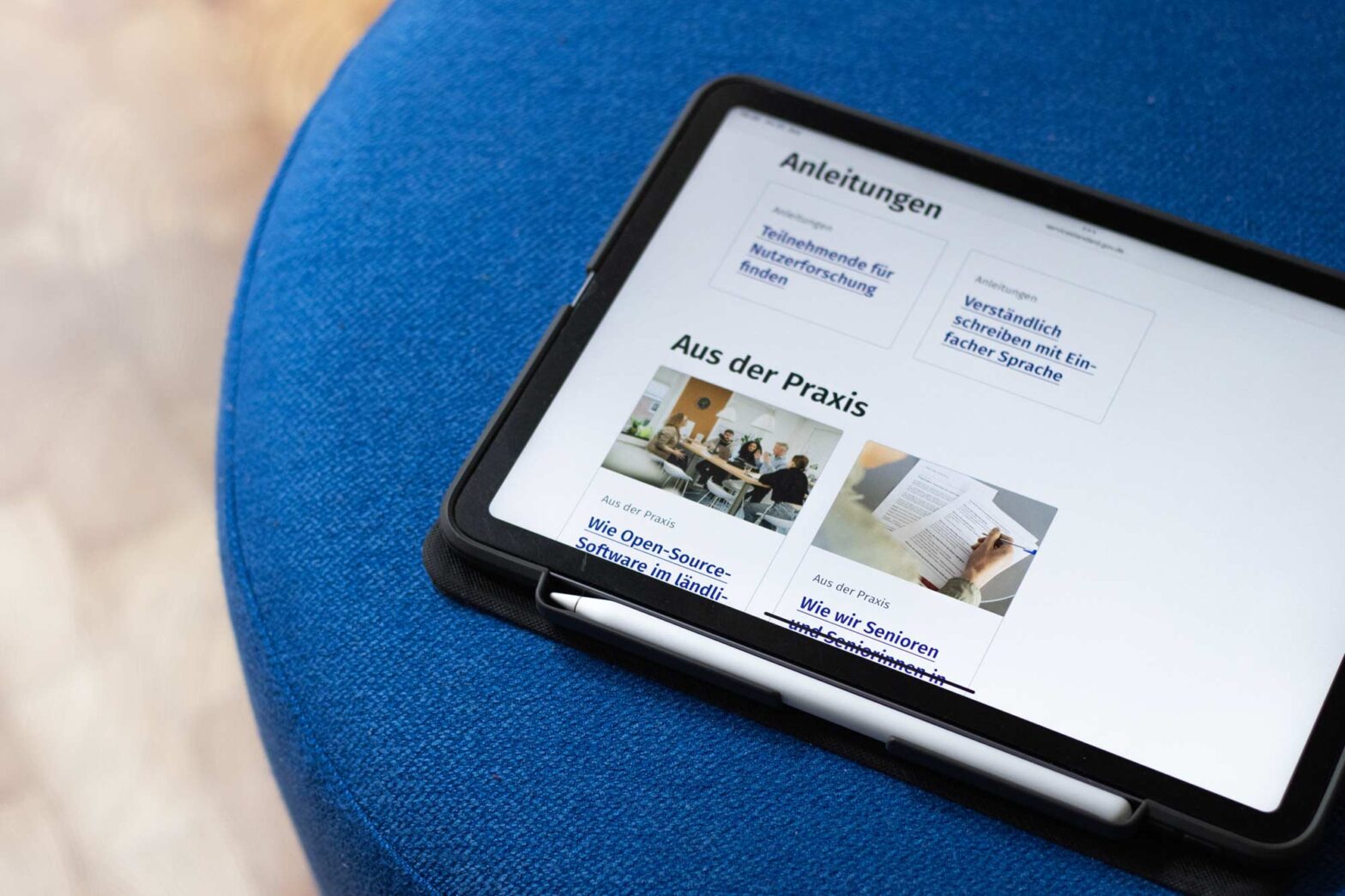Recovering from another round of COVID, I was only able to work the second half of the week.
Hence, this is a shorter note.
Getting blog posts out
Two blog posts are done and in review. One is on our international efforts. It has been lingering for a couple of months already. The second one is about our approach to design systems and our commitment to adopting the KERN Design System going forward. I started penning it on a train ride last month. It then grew to a 1,600+ word piece that now requires some trimming.
My yearly goal is 7 published texts. Currently, I am standing at 3. Adding these, I am still 2 texts short. Back in August, I made a list of texts I want to write. All remain valid. I am swiftly moving to the next ones. Katrin and I started outlining our article for the next German Service Gazette, which we will now have to delay. I still want us to publish the article online in November, anyway.
One thing struck me this week:
I am a co-author of 25% of all blog posts published on the designnotes.blog.gov.uk in 2025. Because there are only 4 blog posts out this year so far. If the following post is our international one, I will have co-authored 40% of all blog posts published there this year. I am not even a UK civil servant. This is so wrong. Even I cannot fathom it.
Blogging is broken, and only a few people seem to care. It’s not just the UK. Germany isn’t any better. Digital Service is doing fine (with 25 blog posts this year so far), but the rest of the public sector is almost consistently abysmal. At the same time, trust in the state sits at 37% in Germany.
People aren’t incentivised to blog. People don’t see blogging as a priority or a routine activity integral to their work. Instead, people see barriers rather than support in communicating about their everyday work – and hence, getting blog posts out. Even though radical transparency might move the needle regarding state trust.
On servicestandard.gov.de, we are building a dedicated section for cross-government blogging. We have 2 stories published and multiple others in the works. We are replicating what service.blog.gov.uk was intended to do for the UK Service Standard, but for Germany and in German. And minus the fragmentation, which we could not address at the time in the UK due to priorities and resources. By integrating the stories of teams directly into the Service Standard offering, we can better link them to the standard points and make the content more easily discoverable.
I hope we can support more colleagues in blogging – by creating the structures, providing support, and nurturing a longer-lasting appetite.
Formalising our accessibility procedures
How do we support a growing number of service teams to publish the most accessible services? Marion and I discussed what we need to do to ensure the quality of tools and procedures across smaller and bigger teams. We have ideas.
We already do quite a few things today:
- We provide guidance on accessibility criteria and related illustrations for comprehension and actionability for teams
- We further refined our accessibility testing process and shared it with external audiences
- We are strengthening and expanding our partnerships with external partners to systematise inclusive testing and learn from testing with groups of users with varying access needs
- We started and are extending training for service teams to perform manual accessibility testing with assistive technology
- We are currently defining a common tech stack for all teams and products – including manual and automated testing – underpinned by the Service Standard accessibility criterion
This is good yet not enough. We need to implement the common stack, including related procedures, to ensure that only well-tested accessible services are launched. Sometimes, that is less straightforward. As full-stack development doesn’t always sit with us, we have limited control. Some development practices, such as those for the Service Standard web offering, aren’t fully transparent to us. Hence, it is crucial for us to make our approaches as clear and visible to others.
Another blog post on that would be excellent, actually. Let’s see if there is space for it.
What’s next
Next week will pick up speed again.
I feel fortunate that COVID hit me in a calmer week, when I had more space to rest.
On Tuesday, I will be in Hamburg to participate in a leadership conference of the German savings bank group Sparkasse. It’s called ‘The Shift’. It’s concerned with different shifts the banking group has to deal with, including customer behaviours, technological development and employee empowerment. I will cover technological shifts. I have my outline for a 20-minute input, which still needs some refinement. It will have an interactive part.
On Wednesday, I plan to join my colleague Robert for a Service Standard deep dive workshop in the City of Potsdam. We will meet with local government representatives and their suppliers. It will be a 3-hour workshop. I am looking forward to learning lots from them.

